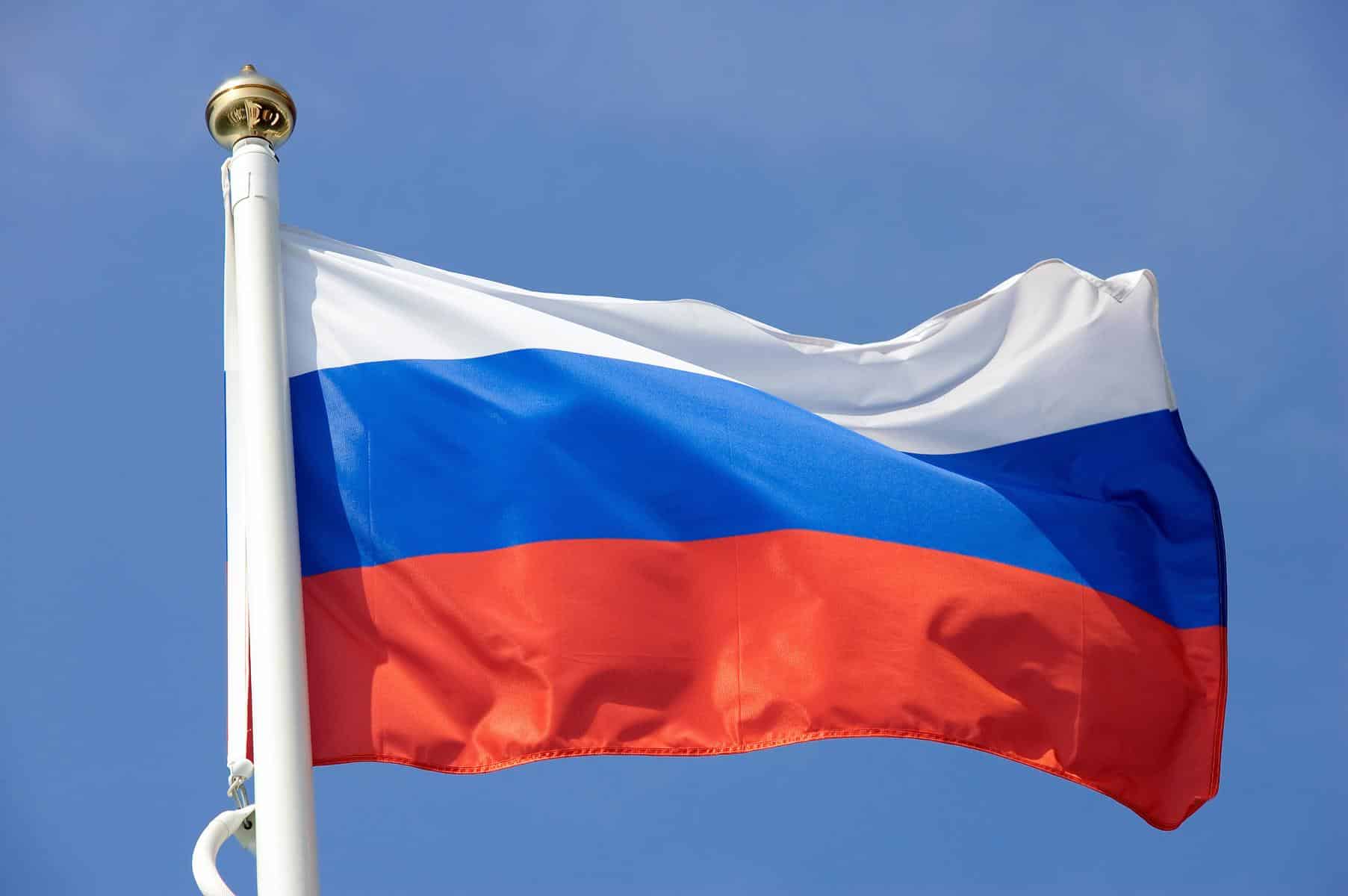Putin Signs Law Expanding Government Control Over Crypto Mining in Russia
- Russia’s new law enforces stricter control over crypto mining, allowing only registered entities to mine and imposing regional restrictions.
- The government now monitors cryptocurrency mining activities, aiming to prevent money laundering and terrorist financing through tighter regulations.
Today, the Russian government issued a new law signed by President Vladimir Putin, strengthening its authority over the crypto industry. This law imposes rigorous rules, especially in relation to mining crypto, which is now under closer government control.
Only registered Russian corporate enterprises or individual businessmen can engage in mining operations. Furthermore, mining pools—groups of miners cooperating—may be closed by the government should it be judged essential, therefore fundamentally changing the way cryptocurrency is controlled in the nation.
The Russian government issued a law signed by Putin on October 27, aiming to expand state control over the cryptocurrency sector, including strengthening supervision of cryptocurrency mining activities, giving the government the power to stop mining pool operations, and some…
— Wu Blockchain (@WuBlockchain) October 27, 2024
Stricter Monitoring to Combat Illegal Activity and Address Energy Concerns
This new legislation seeks to reduce illegal activity, especially money laundering and terrorist financing, which have sometimes been connected to the unchecked character of crypto transactions.
These rules now mandate that miners notify Rosfinmonitoring, Russia’s financial monitoring agency, of their income and the specifics of their digital currency holdings. This data is meant to provide the authorities with broader awareness of the crypto ecosystem and guarantee that all mining and banking operations follow Russian legislation.
Reflecting worries about the energy-intensive character of crypto mining, the government now retains the power to limit mining in areas where electricity usage becomes an issue. Larger companies will be closely watched, while those mining at lower energy levels may carry on their activities without registering.
This legislative action is considered an attempt to strike a compromise between national security and economic stability with regard to the evolution of digital assets.
Legal Framework for Digital Asset Trading Amid Russia Regulatory Shift
Fascinatingly, the law does let trade of digital assets—including foreign-issued digital financial assets—on Russian platforms despite the tight posture. This represents a departure from the original text, which forbade the national distribution of mined coins.
Although the bank retains the power to block some digital assets should they be seen as challenges to Russia’s financial stability, the new version offers miners a legal means to exchange these assets under Central Bank supervision.
More broadly, Russia’s aim to include cryptocurrencies into its financial system—especially in view of continuous international sanctions—reflects in a larger sense its approach toward controlling digital resources.
These rules help Russia to establish itself as a rising participant in the global crypto market despite obstacles regarding its geopolitical posture and the restrictions placed by Western sanctions.
Beside that, CNF previously reported that Russia’s Central Bank had underlined XRP and Ripple as possible cross-border payment alternatives, therefore attesting to their increasing impact on world financial systems.
Though Russia does not formally adopt XRP, this acknowledgement points to the possibility for Ripple to play a bigger part in other markets.




Post Comment